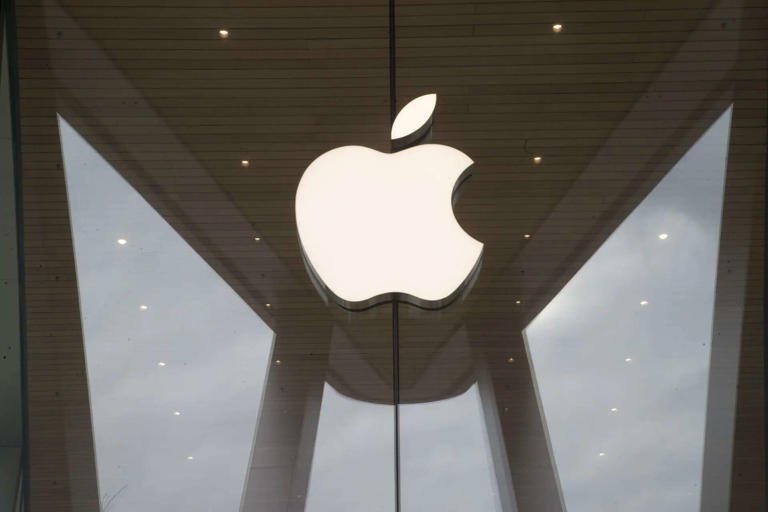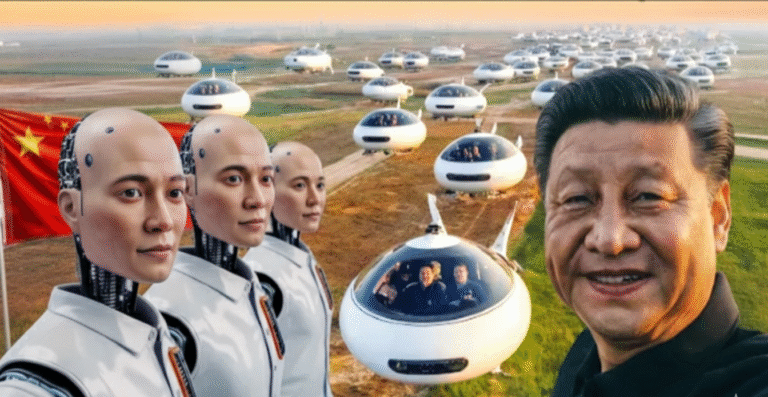
Foxconn Chinese Engineers India: What Apple’s Biggest Supplier Told Indian Government
The recent controversy involving Foxconn Chinese engineers in India has stirred debates across both diplomatic and industrial circles. As the largest supplier of Apple iPhones, Foxconn is playing a major role in India’s growing ambitions to become a global electronics manufacturing hub. However, the issue took a new turn when Indian authorities asked hundreds of Chinese engineers working at Foxconn’s Indian plants to leave the country.
This move has raised several questions: Why were the engineers asked to leave? What did Foxconn say in its defense? And what could this mean for India’s “Make in India” dream and the future of Apple’s manufacturing supply chain?
Why Were Chinese Engineers at Foxconn Asked to Leave India?
In early 2025, reports emerged that immigration authorities flagged hundreds of Chinese engineers employed at Foxconn’s iPhone manufacturing facility in Tamil Nadu. The core issue was alleged visa violations. These engineers were reportedly working on business visas, which legally prohibit them from engaging in hands-on technical or assembly line activities in India.
The Indian government, citing security and labor regulations, asked Foxconn to send back the engineers or ensure compliance with visa norms. This action came at a time when India is seeking to reduce dependency on China and strengthen local talent in high-tech manufacturing.
Foxconn’s Response to the Indian Government
Amid the rising tensions, Foxconn released a statement addressing the situation regarding the Foxconn Chinese engineers in India. The company clarified that:
“We are fully committed to following the laws and regulations of the countries in which we operate. We are cooperating with Indian authorities to resolve any misunderstandings or compliance issues related to the visas of our employees.”
Foxconn emphasized that the Chinese engineers were brought in temporarily for technical training and setup of new production lines, especially for the latest iPhone models. The company further mentioned that they were not involved in direct production work, and their presence was crucial for technology transfer.
Foxconn also reassured the Indian government that it was investing heavily in training Indian workers to eventually replace foreign technical staff.
Impact on Apple’s India Manufacturing Ambitions
Apple has been diversifying its manufacturing away from China, and India has emerged as a strategic alternative. Foxconn plays a central role in this shift. The iPhone 15 and iPhone 16 models are already being assembled in India for both domestic and global markets.
However, the controversy surrounding the Foxconn Chinese engineers in India could slow down Apple’s production expansion unless a smooth resolution is found.
According to industry experts, this event underscores the growing pains of scaling up high-tech manufacturing in India, where local expertise is still catching up to global standards.
Diplomatic and Strategic Repercussions
The situation also has a diplomatic dimension. India and China have had tense relations in recent years, especially post the 2020 border clashes. Any major movement of Chinese nationals in sensitive sectors is viewed with caution.
The government’s decision to act on the visa violations reflects India’s firm stance on national security and labor laws, but it also signals that foreign companies must prioritize local workforce development.
This could be seen as part of a broader push to encourage “Skill India” initiatives, while ensuring that India is not merely a passive assembly hub but a true technology manufacturing leader.
What Happens Next?
Foxconn has begun the process of either repatriating the engineers or applying for proper work permits for essential staff. Meanwhile, Apple is closely monitoring the situation, as the outcome could affect its long-term manufacturing strategies.
Several industry analysts believe that this incident will push companies like Foxconn to accelerate their investment in Indian talent and reduce reliance on Chinese expertise in the future.
Some believe that this may even open up more job opportunities for Indian engineers, particularly in electronics, robotics, and supply chain logistics.
Conclusion: A Learning Curve for India and Foxconn
The Foxconn Chinese engineers India issue highlights a crucial phase in India’s journey to become a global electronics manufacturing giant. While the enforcement of immigration laws is justified, a balanced approach is necessary to ensure that business continuity and international collaboration are not disrupted.
For Foxconn and Apple, this is a wake-up call to streamline compliance, enhance local training programs, and adapt faster to Indian operational frameworks.
As India continues to rise as a manufacturing powerhouse, such incidents—if managed well—can lead to stronger systems, better partnerships, and a more self-reliant industrial future.



1 thought on “Foxconn Chinese Engineers India: What Apple’s Biggest Supplier Told Indian Government”